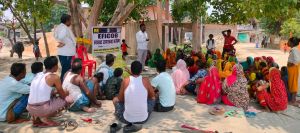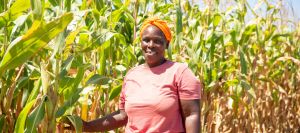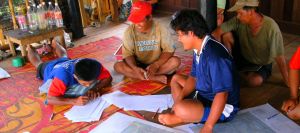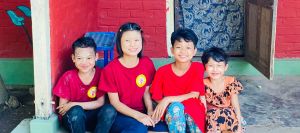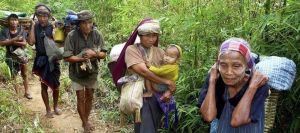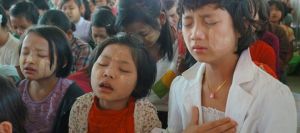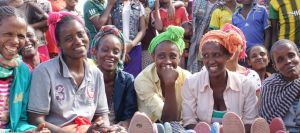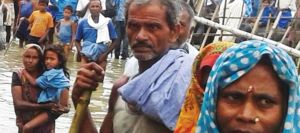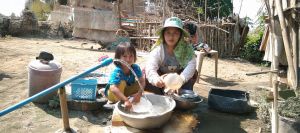
Rural Development Project in Thai Myanmar Border, Shan State
Project Name Rural Development Project in Thai Myanmar Border, Shan State Project Location Thailand Myanmar Project Natures Urban and Rural Development Church and Community Mobilisation Livelihood Development Project Objectives Enhance the resilience of the local community to the impacts of climate change by improving their farming and fishing skills and introducing the concept of disaster preparedness. Promote church and community mobilisation by facilitating leaders to be active in rural community development with a holistic approach. Foster collaboration and enhance work standards within the target groups. Beneficiaries Villagers in nine target villages One multi-ethnic-minority church No. of Beneficiaries 1,159 Key Activities Children and Youth Development: Provide scholarships and organise youth camps with training on children’s rights, anti-human trafficking, and


